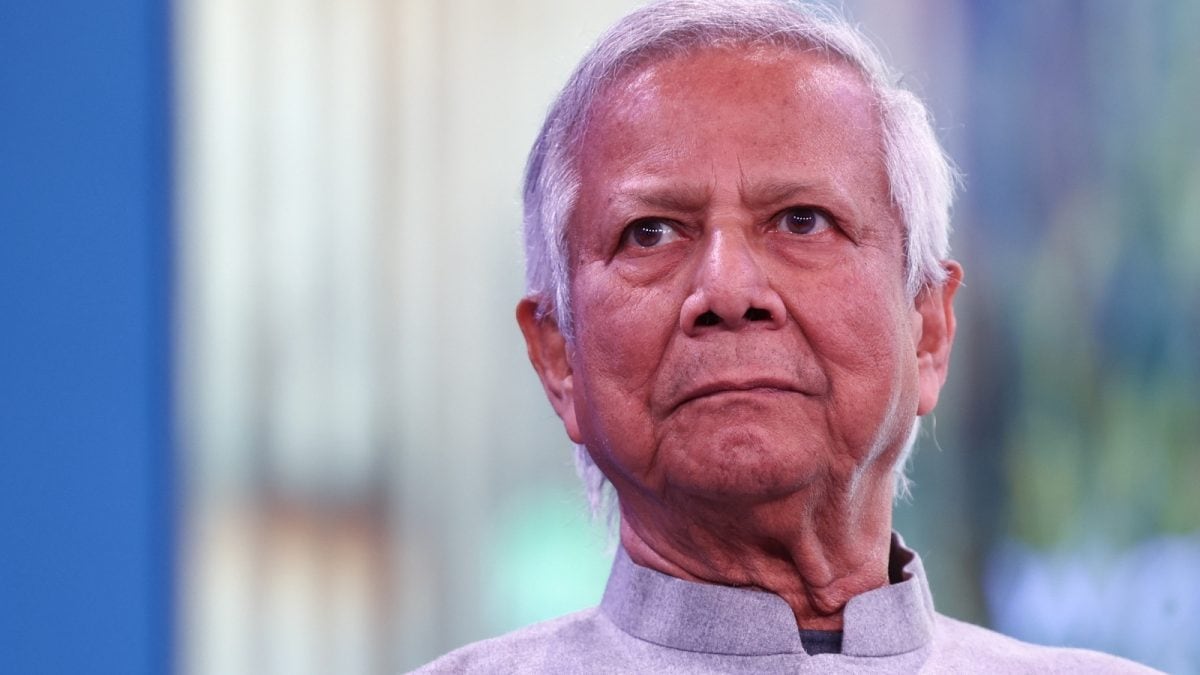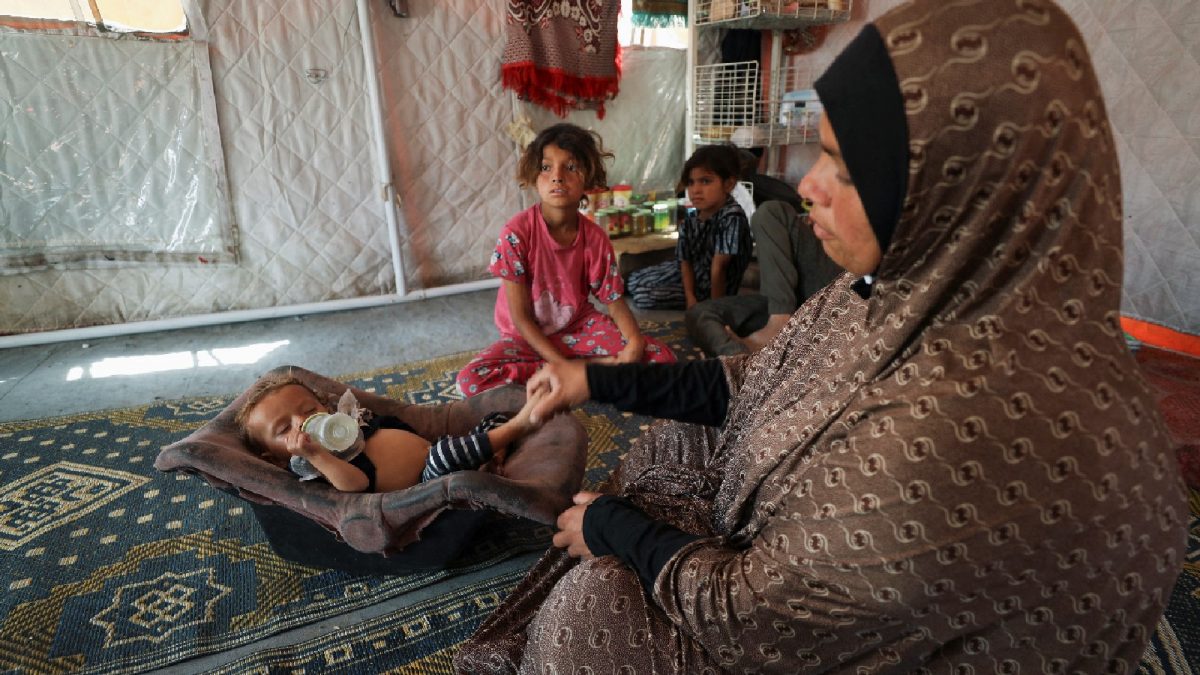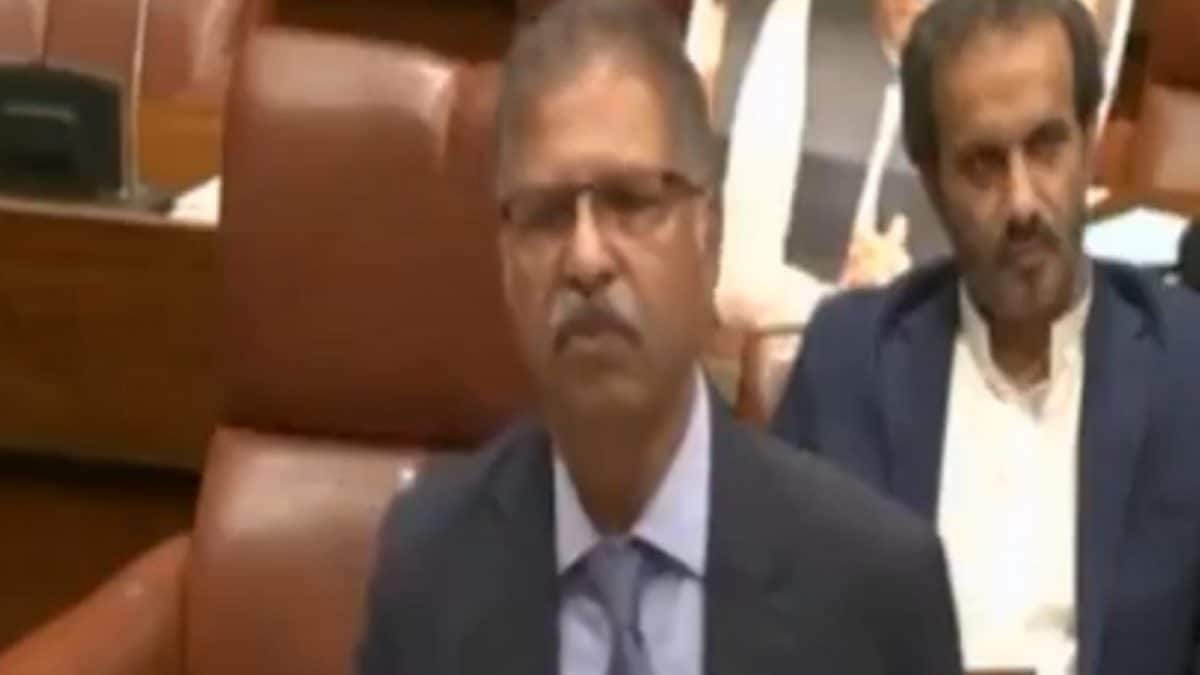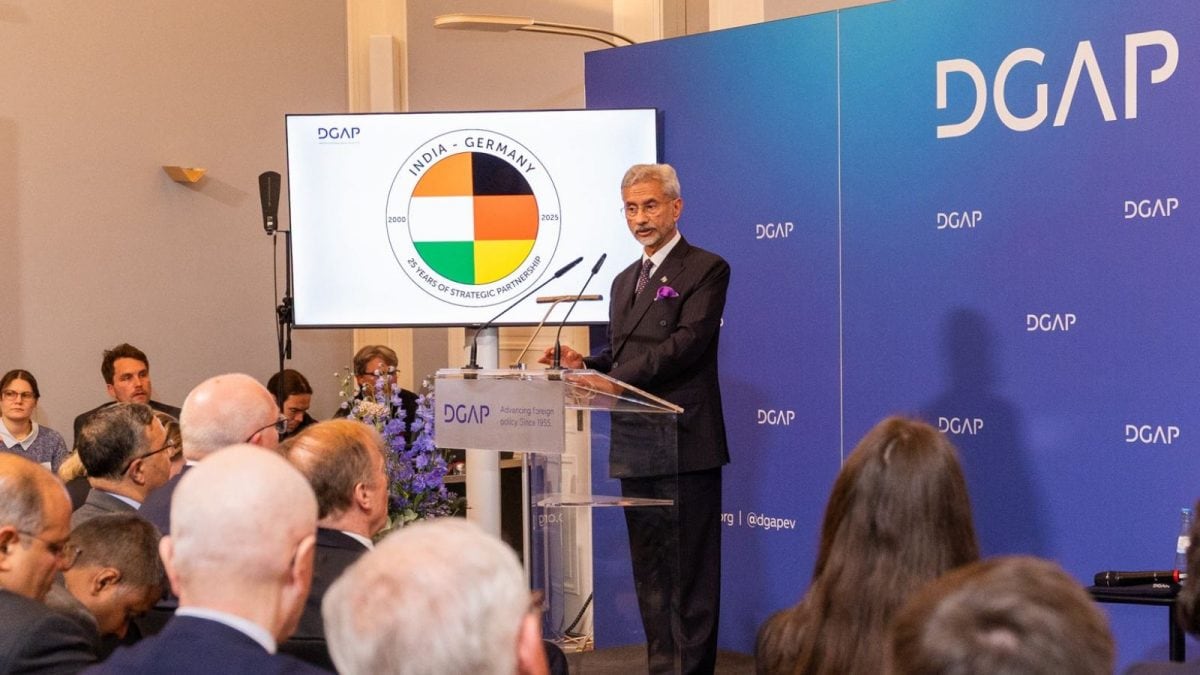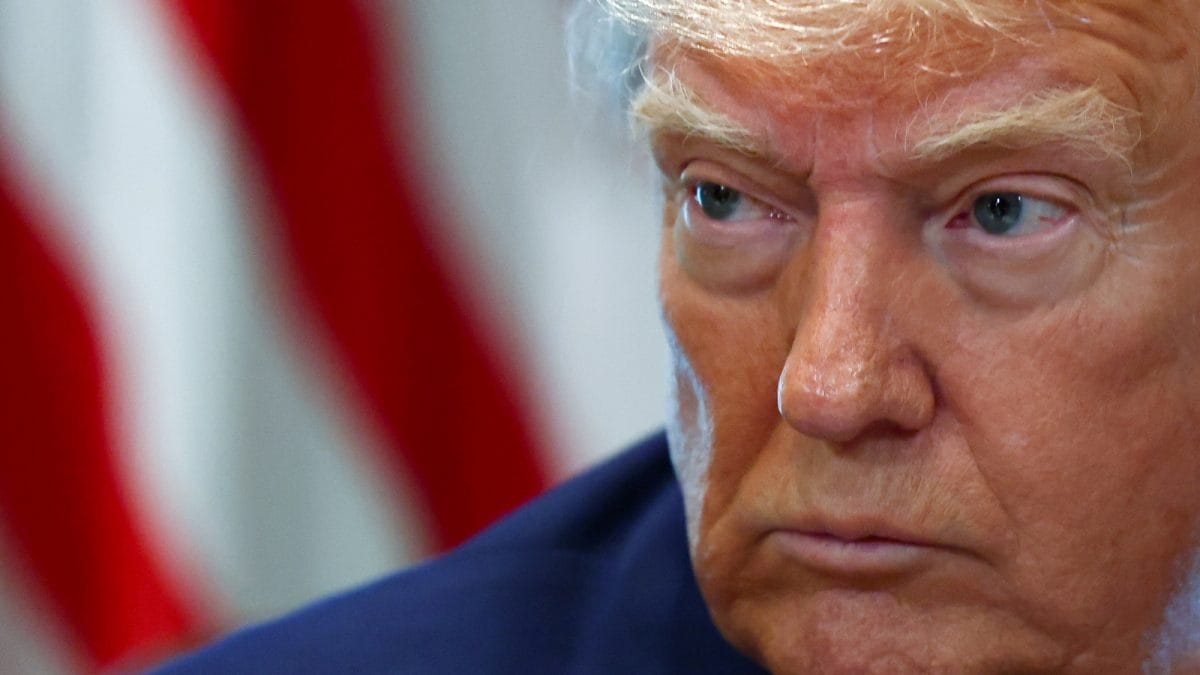Last Updated:May 24, 2025, 12:22 IST
Analysts point to seven strategic factors that underscore China's reluctance to fully commit to Pakistan's aggressive posturing against India.

China President Xi Jinping
The long-standing “Iron Brotherhood" between China and Pakistan, once considered unbreakable, appears to be showing signs of strain. India’s robust response to Pahalgam terrorist attack has put the spotlight on Beijing’s stance. While observers keenly watched for an unequivocal show of support for Islamabad, China’s response has been marked by diplomatic caution and a notable absence of direct condemnation against India.
This shift in Beijing’s approach is not arbitrary as analysts point to seven strategic factors that underscore China’s evolving calculations and its reluctance to fully commit to Pakistan’s aggressive posturing against India. Here’s a look at seven key reasons behind China’s calculated restraint:
1. Massive Trade Stakes with India
With annual trade exceeding $140 billion, China understands that escalating tensions with India would inflict severe damage on its own economy. India has emerged as one of China’s largest export markets, a crucial factor especially as global supply chains are increasingly diversifying away from Chinese manufacturing hubs. Beijing cannot afford to jeopardize such a significant economic partnership.
2. Maintaining Border De-escalation
Following the deadly Galwan Valley clash in 2020, both China and India have engaged in concerted efforts to reduce border tensions. Openly endorsing Pakistan’s terror agenda would not only negate these diplomatic achievements but also risk India imposing further restrictions on Chinese technology, akin to the app bans witnessed previously. Beijing prioritizes border stability to avoid renewed friction.
3. Global South Leadership Aspirations:
China actively seeks to position itself as a leader of the Global South, a bloc that champions development, stability, and peaceful coexistence. An overt endorsement of Pakistan’s alleged terrorist tactics would severely undermine this carefully cultivated image, eroding trust and credibility among nations that value peace over conflict.
4. Safeguarding Belt and Road Investments:
The China-Pakistan Economic Corridor (CPEC), a cornerstone of China’s ambitious Belt and Road Initiative, is already highly vulnerable to internal insecurity and terrorism within Pakistan. A full-blown India-Pakistan conflict would place China’s multi-billion-dollar investments at severe risk. Incidents like the attacks on Chinese engineers in Pakistan have already sown seeds of doubt in Beijing.
5. Subtle Strategy Over Direct Confrontation:
China’s foreign policy often favors indirect pressure and strategic signaling over outright confrontation. While it continues to support Pakistan through arms sales, diplomatic backing at the UN, and backdoor channels, Beijing carefully calibrates its actions to avoid providing India with a pretext for open hostility. Its influence is exerted through nuanced means, not overt aggression.
6. The ‘Double Game’ of Diplomacy
China maintains a delicate diplomatic balance by condemning terrorism globally while simultaneously using its veto power to block international sanctions against Pakistan-based terrorist organizations. This allows Beijing to project an image of being peace-loving to the world while simultaneously demonstrating loyalty and reliability to Pakistan, a strategic ‘double game’ that offers significant political flexibility.
7. Growing US-India Strategic Alignment
The burgeoning strategic ties between India and the United States, particularly through initiatives like QUAD and potential bilateral trade agreements, are a significant concern for China. Beijing is acutely aware that openly siding with Pakistan could further push India firmly into the American orbit, fundamentally altering the regional power balance in a way that is unfavorable to China’s long-term interests.
Location :Beijing, China
First Published:News world Cracks In Pakistan-China's 'Iron Brotherhood'? Why Dragon Is Afraid Of Fully Backing Islamabad

 5 hours ago
5 hours ago

